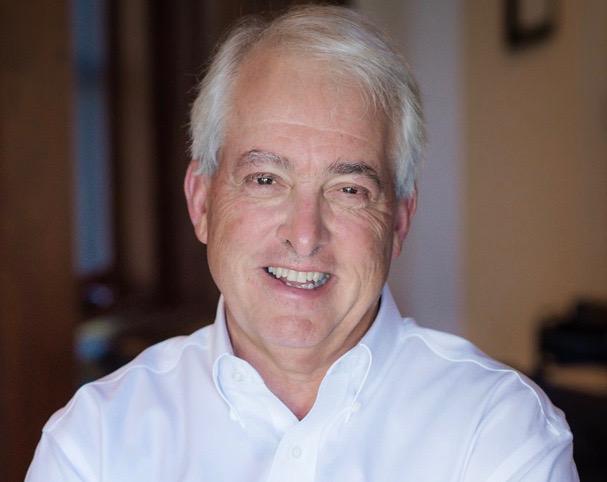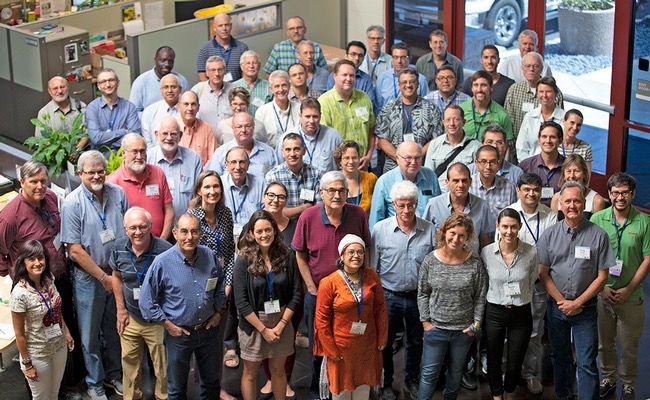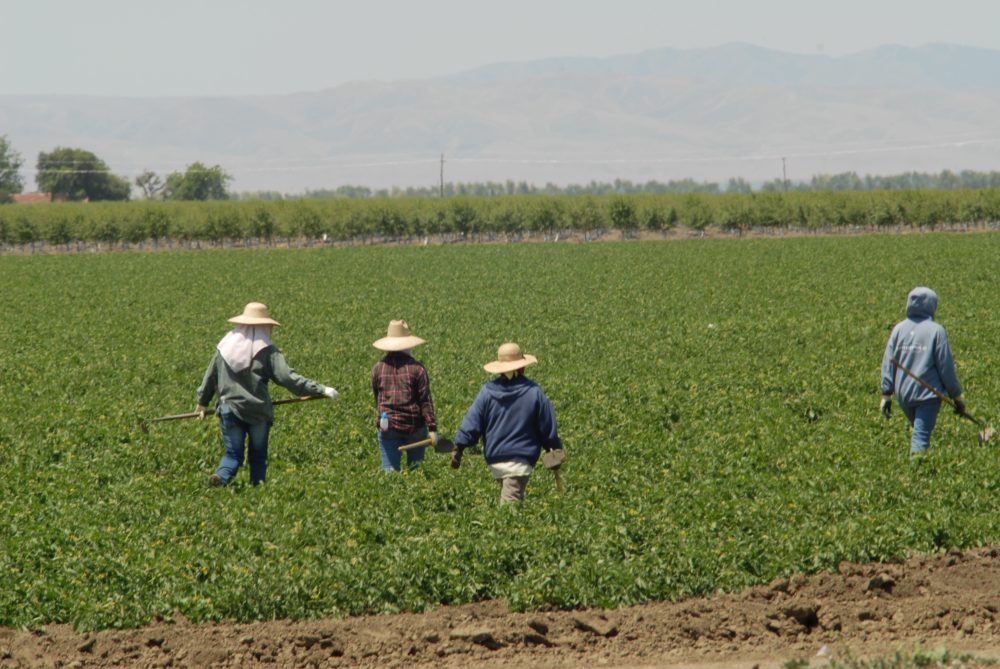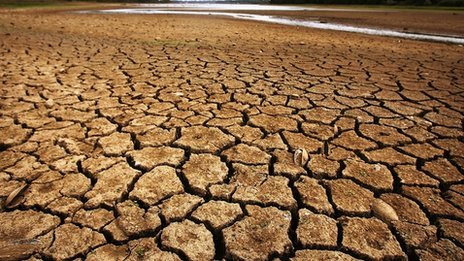Almond Farmer Fights Back Against the State Water Grab
“Hundreds of Years of Property Rights Taken Away”
By Hannah Young, Associate Editor
More than 1,000 farmers, stakeholders, and supporters attended a rally in Sacramento protesting the California Water Resources Control Board’s proposed water grab.
This water grab will affect the Stanislaus, Tuolumne, and Merced rivers, redirecting 40% of the water to increase flows for salmon population.
Tim Sanders, an almond grower in Stanislaus County, described the catastrophic effects this water grab will have on Valley farmers.
“The scarier part about this, they’re trying to change hundreds of years of water rights,” Sanders said. “If they can take our water rights with this grab, they can take anybody’s water rights, so everybody in California should be concerned about this.”
Sanders explained how this is proposed water grab is a real government overstep.
“Our area is one of the few areas in the state that aren’t in extreme overdraft of groundwater, and it’s because we can do irrigation,” Sanders said. “We can recharge our aquifers all the time.”
If the state takes surface water from these growers, they will have to rely on their pumps extracting water from the ground, which could put them in a situation where they’ll be impacted by the Sustainable Groundwater Management Act.
“We’ve got a good system working. They just need to leave us alone or come to us at the table and be willing to compromise, talk to us,” Sanders said.


















